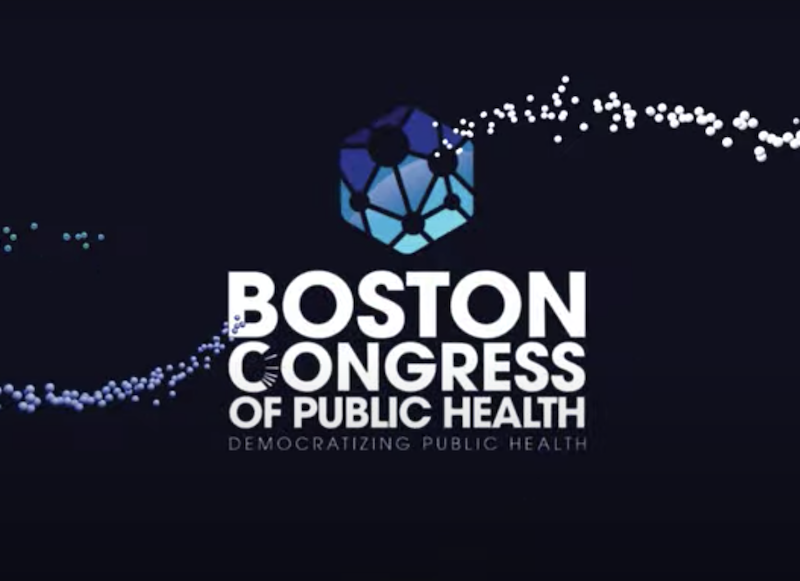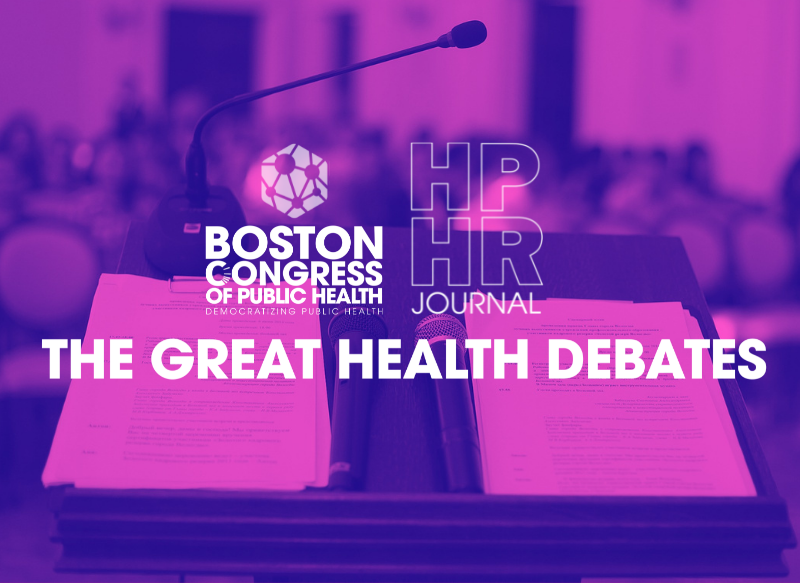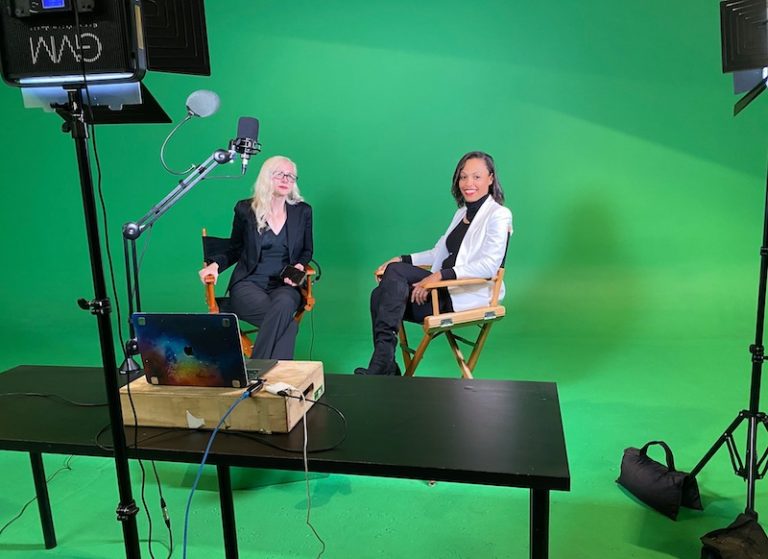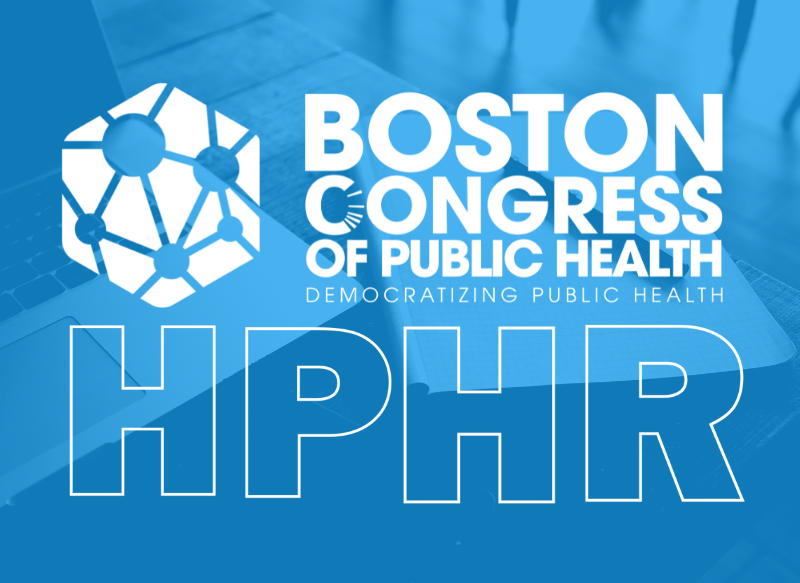Get ready for the Boston Congress of Public Health’s Public Health Leadership & Medical Academy Institute (PHI) taking place:
The PHI is for everyone interested in public health, but is especially suited for:
Note: If you are interested in working with us as a faculty member or sponsor, contact us at [email protected].
The PHI offers participants an intensive grounding in public health.
Who should apply?
We welcome junior and senior high school students, and anyone applying to and/or currently attending:
– College
– Graduate school
– Clinical training programs
What about nonprofits and other service organizations?
PHI is also an excellent training program for volunteers and employees of organizations serving marginalized populations and/or addressing the social determinants of health, including:
– Community and faith-based organizations
– AIDS service organizations
– Substance use clinics
– Housing support entities
– Legal assistance firms
– Planning councils and community advisory boards
What are the benefits of participating?
Participants who complete the program:
– Receive certificates of completion
– Can win performance-based achievement awards
– Engage in academic editorial and review training
– Complete an optional writing workshop and potentially produce a publishable academic editorial or paper
Click here to let us know where and when We are asking all potential participants to enter their date and location preferences here.
– If you are interested in working with us as a faculty member or sponsor, contact us [email protected].
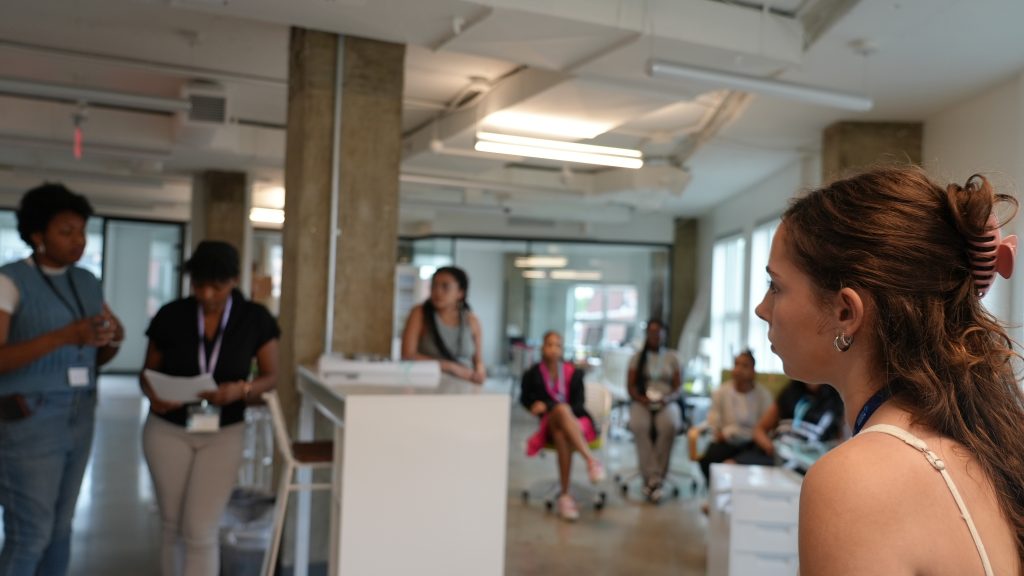
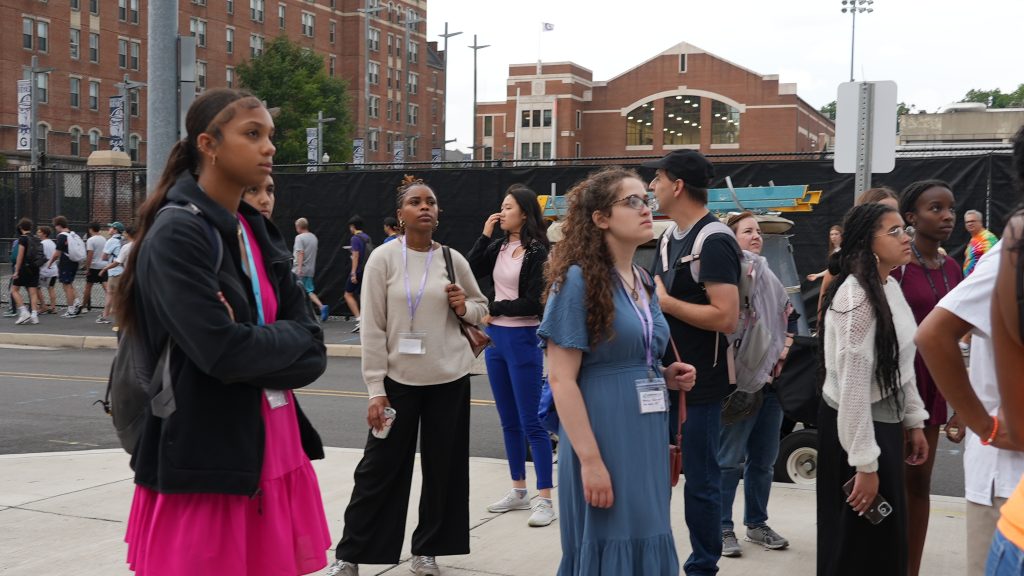
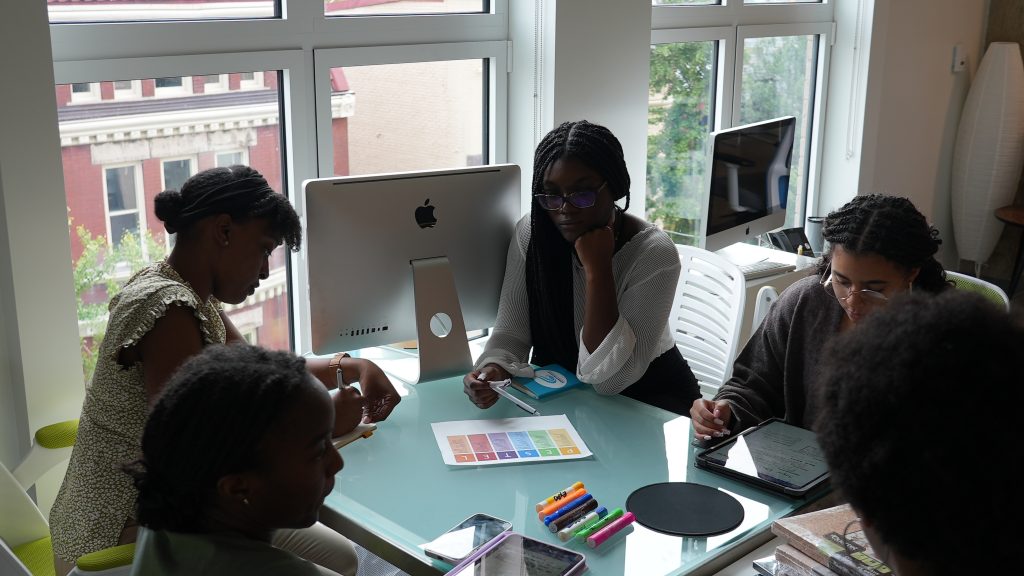
Faculty and students from across the U.S. convened for three sessions of the inaugural institutes held in Boston, MA and Washington, DC, in 2023. Participants included aspiring candidates seeking admission to medical school and other clinical and behavioral programs, as well as university applicants, baccalaureate candidates, graduate students, and community members.
Students appreciated the collaborative atmosphere and dynamic and timely training content. But don’t take out word for it – see what some of the participants said below!
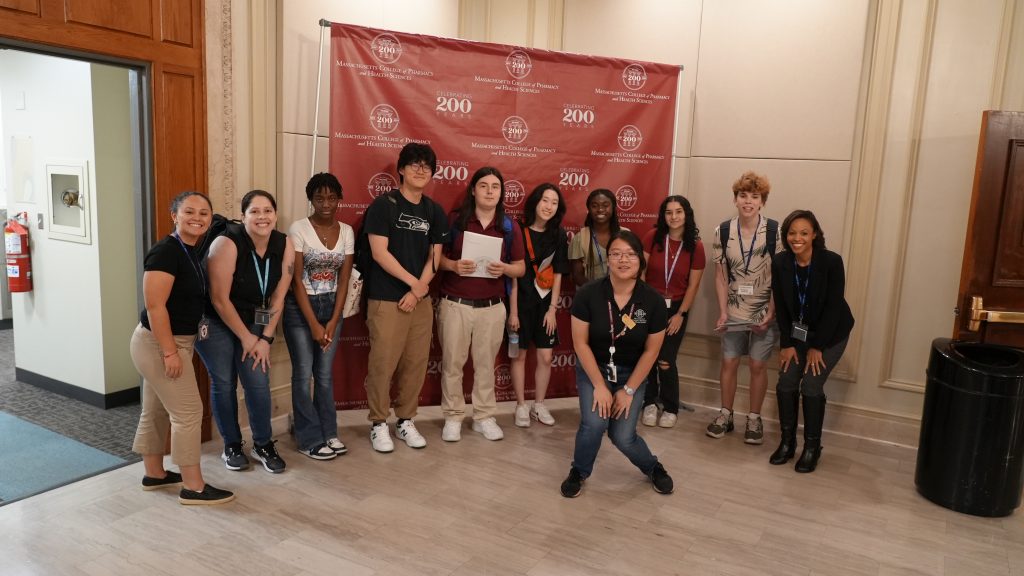
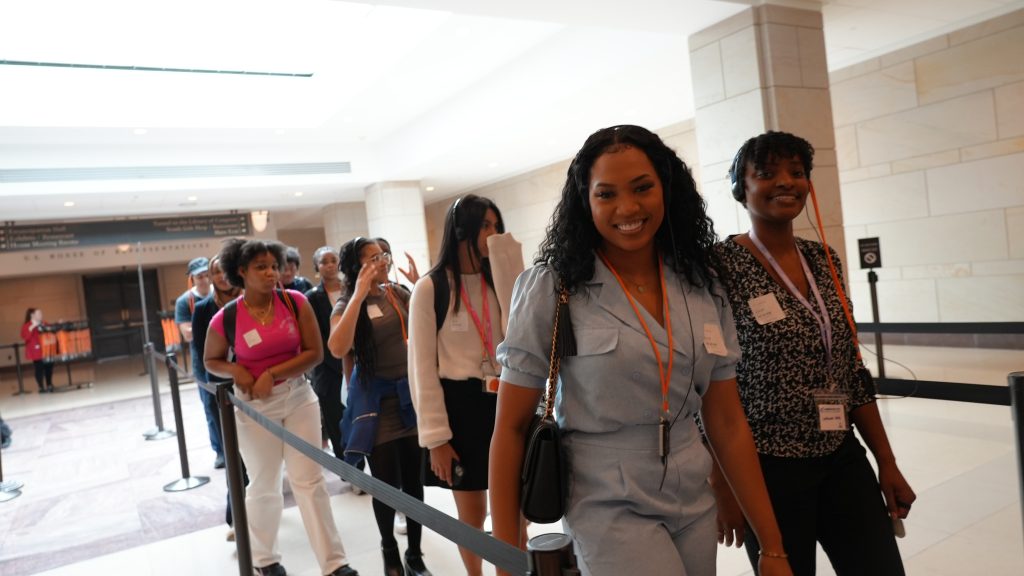
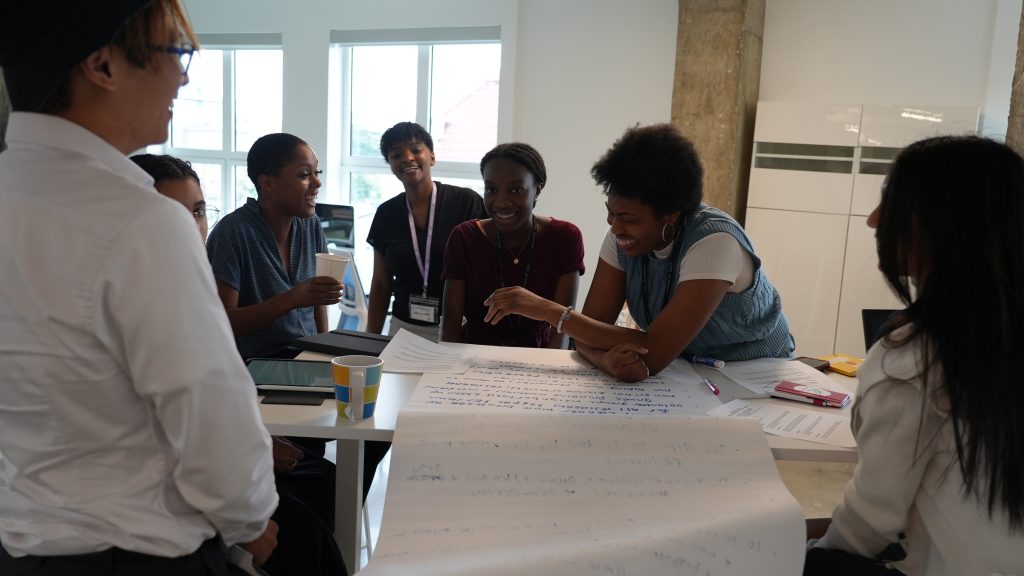
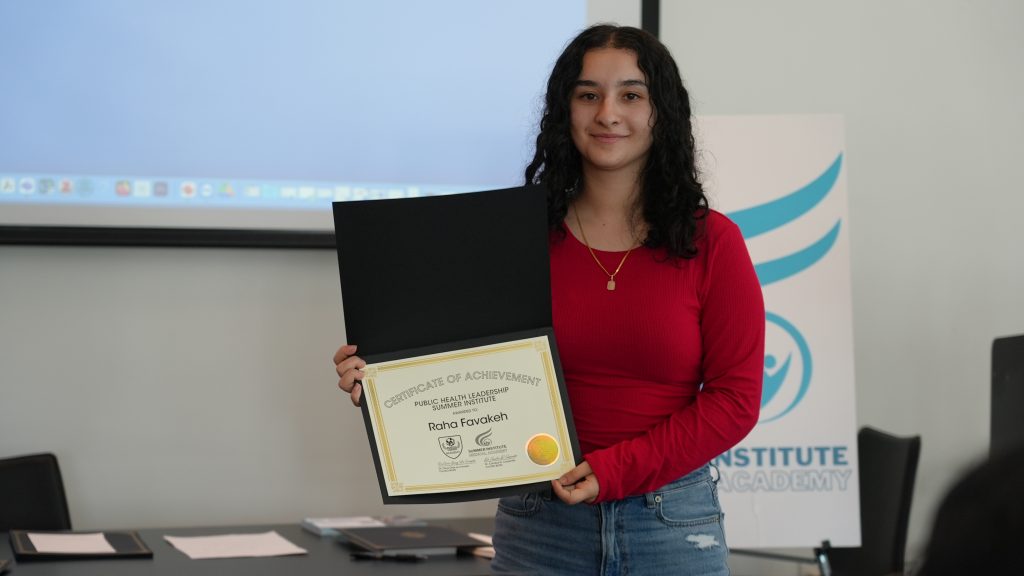
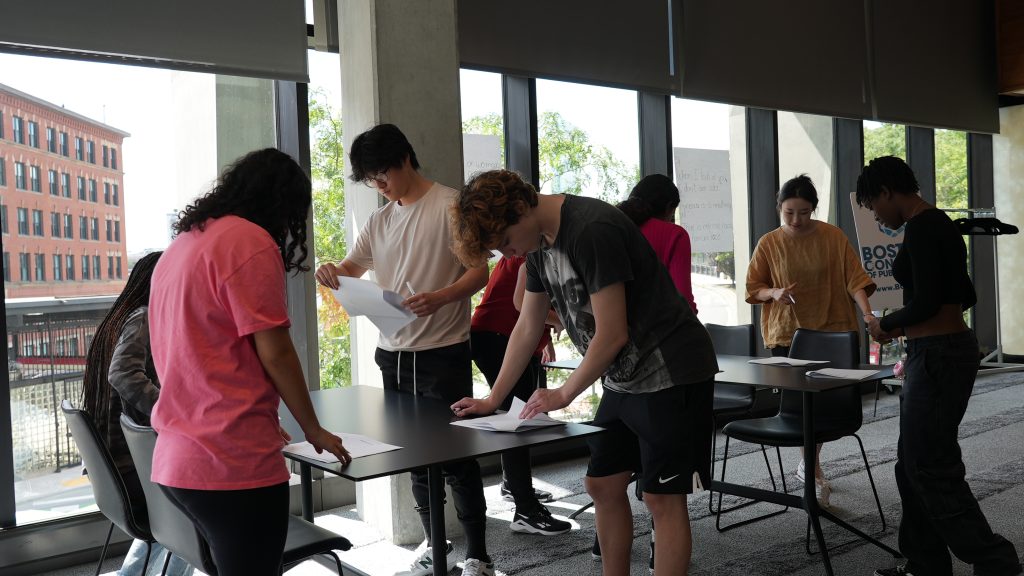
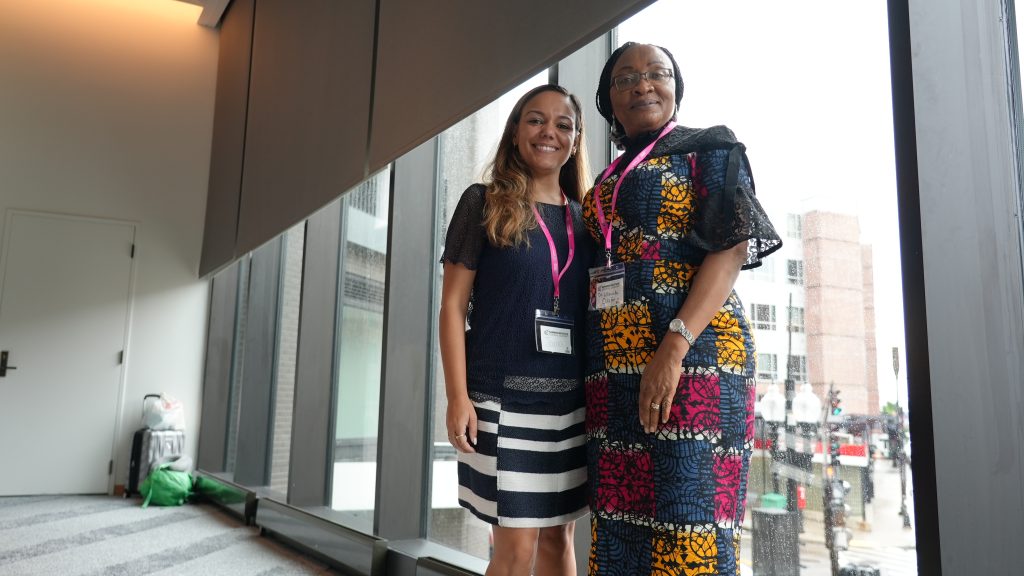
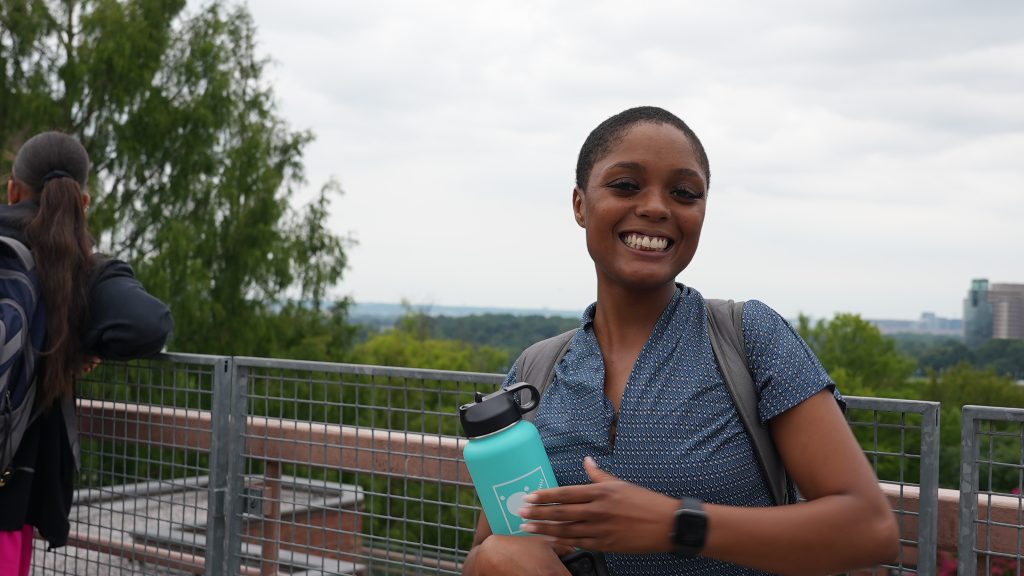
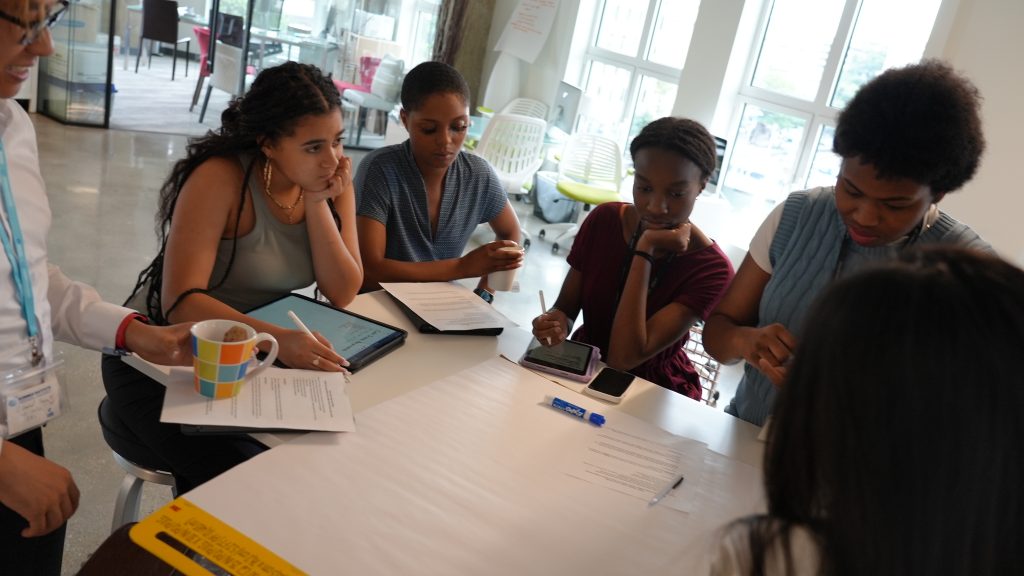
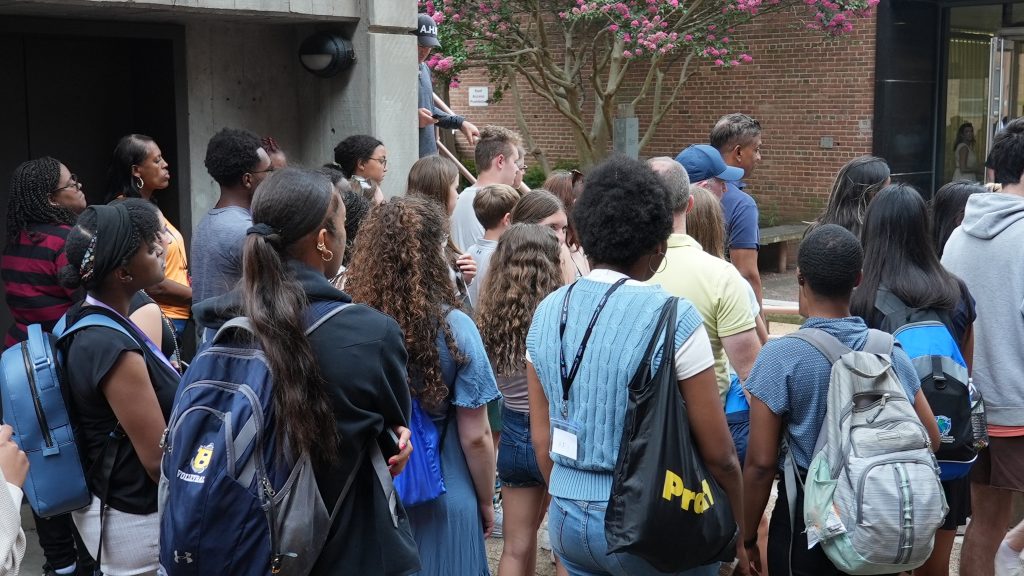
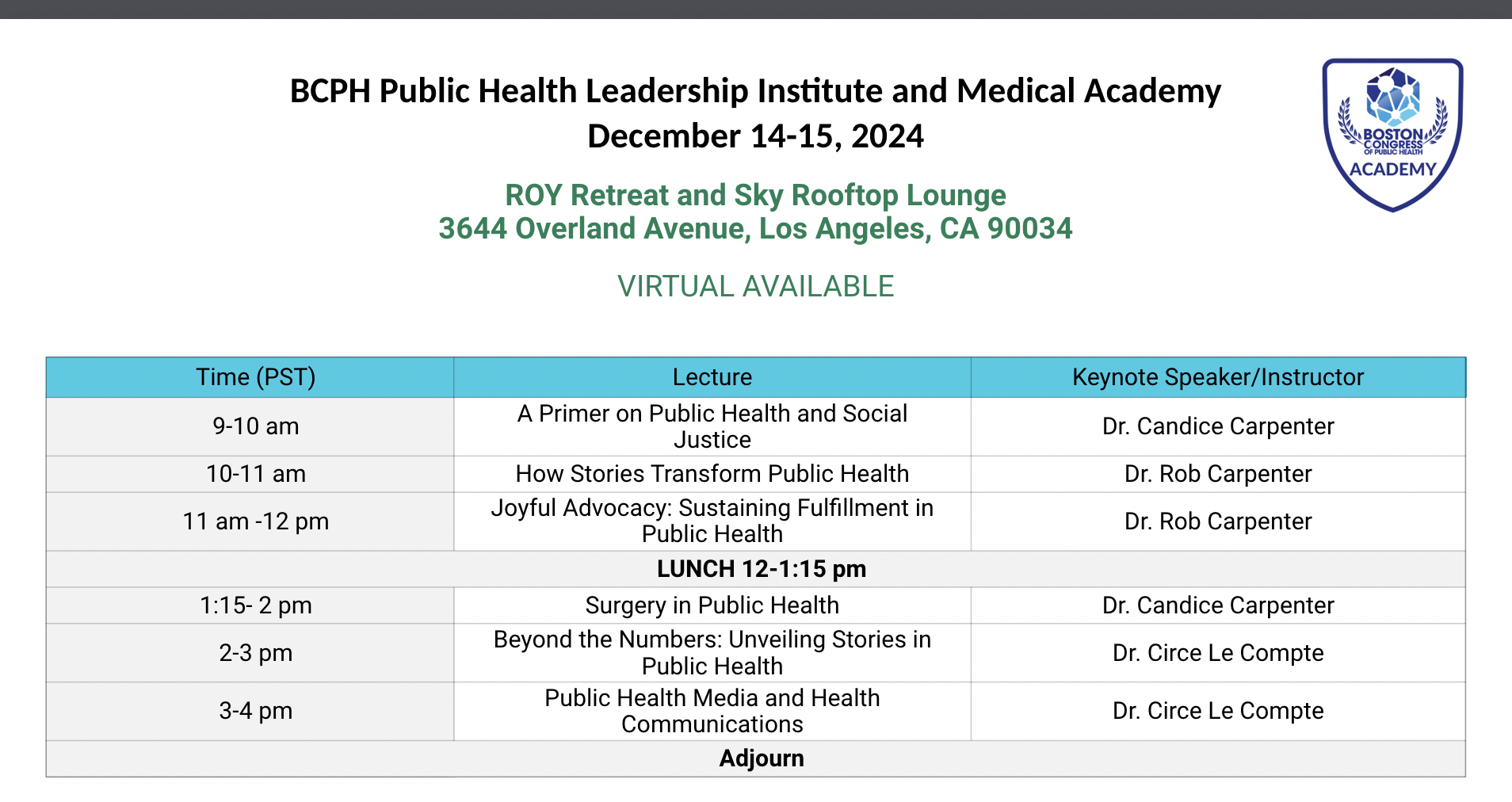
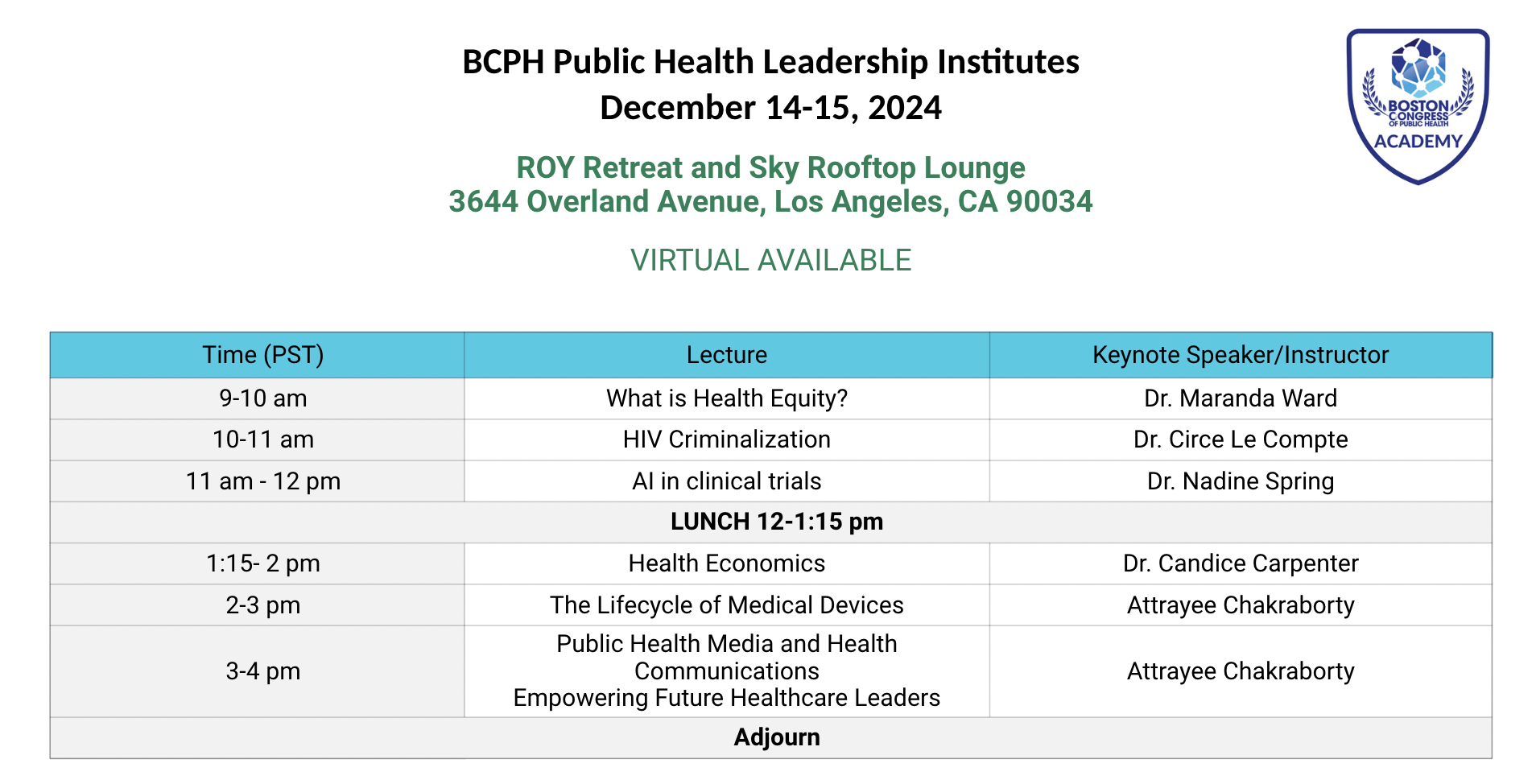
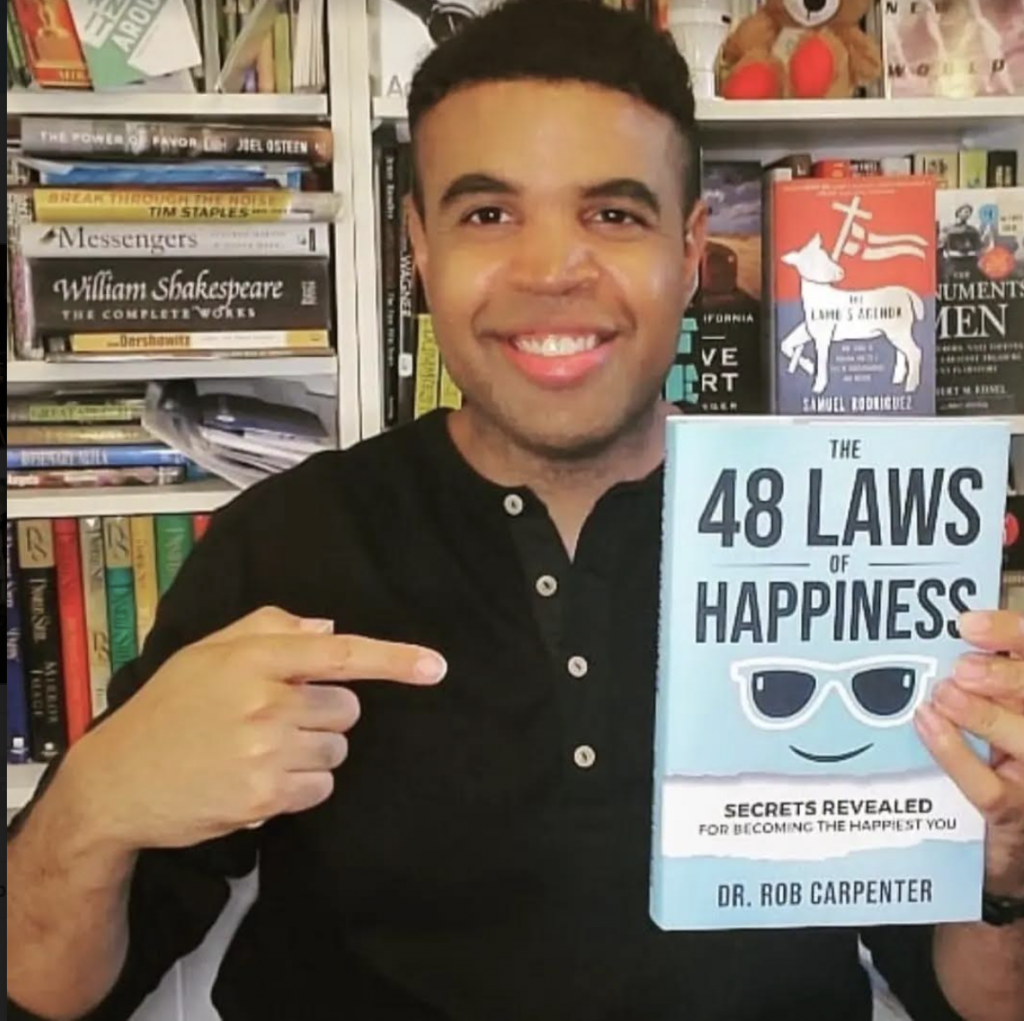
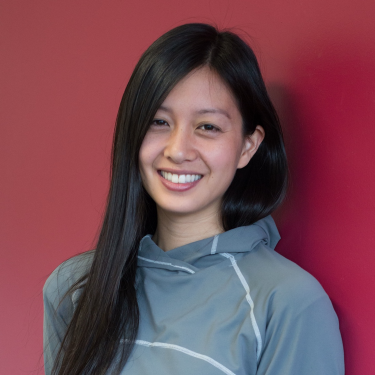

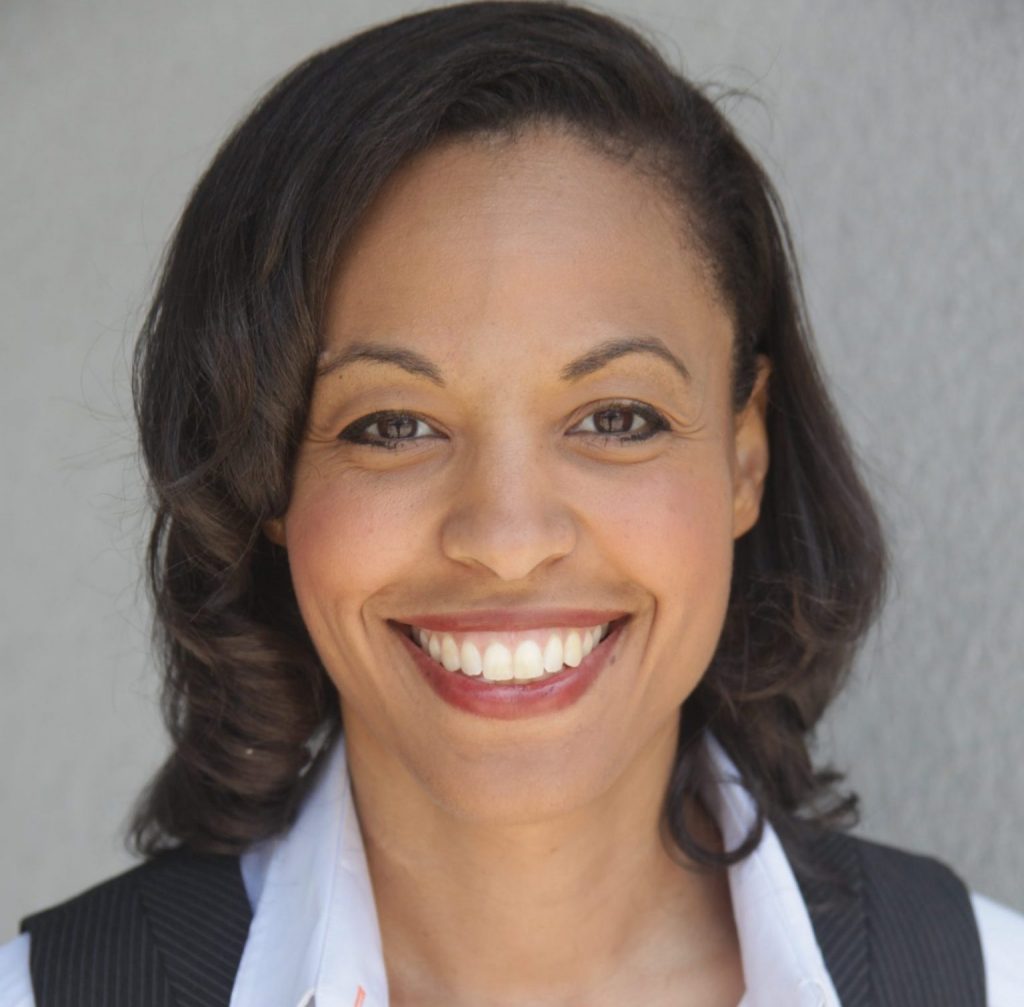
Course Title: Amplifying Social Justice: Becoming Allies, Advocates, and Activists Workshop
Course Instructor: Dr. Candice Carpenter
Course Description:
Just what exactly is the difference between allyship, advocacy, and activism? How do we differentiate between the actions of changing our facebook photos to signposts that proclaim “Black Lives Matter”, speaking up for a transgender individual who has been misgendered in a workplace or social setting, deciding not to engage in disability inspiration ‘porn’, drafting a policy memo articulating the injustices suffered by specific refugee groups, or even testifying before Congress on the environmental atrocities committed by multinational companies? In the Amplifying Social Justice: Becoming Allies, Advocates, and Activists course, we will peel back these layers to discern the differences in how individuals can work to promote social justice and equity in a variety of ways. Students will engage in both self-reflection and self-awareness activities, learning some differential strategies and tactics for identifying structural oppression and injustice, as well as techniques for promoting social justice, from community organizing and policy advocacy, to grassroots activism and professional activism. Ultimately, students will be able to learn how they can evolve into and embody allyship, advocacy, and activism for a variety of marginalized communities, all with the goal of creating meaningful change.
Course Title: Transcending Microaggressions for Health Equity Workshop
Course Instructor: Dr. Candice Carpenter
Course Description:
In this workshop, we will unlock the power to recognize and dismantle microaggressions with our course, “Transcending Microaggressions for Health Equity Workshop.” The course goes beyond theoretical understanding, providing practical tools for recognizing microaggressions, microassaults, and microinvalidations related to race, gender, sexual orientation, nationality, and more. A comprehensive toolkit will also be provided to address these issues effectively in various settings, including the workplace and educational environments. Participants will have enhanced empowerment tools to become an active agent, prepared to create a more equitable and just world. This is a course you do not want to miss on self-discovery and social impact in the pursuit of health equity!
Course Title: Social Determinants and Theory in Public Health
Course Instructor: Dr. Circe Gray Le Compte
Course Description:
This session will focus on the social determinants of health with a focus on the U.S. with a specific emphasis on behavioral, psychological, and structural factors that have demonstrated impacts in creating health inequities. We also will learn about different population and psychosocial theories of health, and their heuristic value in understanding the causal links between social factors and disparate disease outcomes. Case studies will be used to explicate the social, economic, and political factors that contribute to inequalities and illustrate opportunities to reduce them and improve health equity. By the end of this course, you will be able to discuss the means by which structural bias and inequities create, recreate, and reify inequities and create challenges to achieving health equity at organizational, community, and societal levels.
Course Title: Emotionally Intelligent Communication for Public Health
Course Instructor: Dr. Rob Carpenter
Course Description:
One of the biggest problems public health professionals face in their professional and personal lives is communicating in emotionally intelligent and healthy ways that will allow them to build and sustain positive relationships. In this eye-opening workshop, you will learn about your own “Demon Dialogues” that hinder positive communication and how to get past them so you can persuade – and not alienate, irritate, or offend – the people in your life so that you can get the most out of yourself and the people around you.
Online versions of popular BCPH Institute courses are now being released to the public, including:

